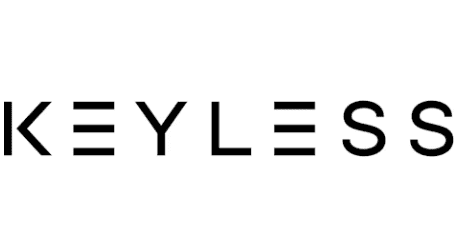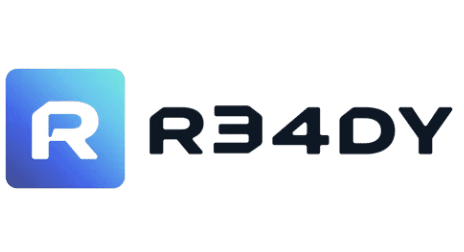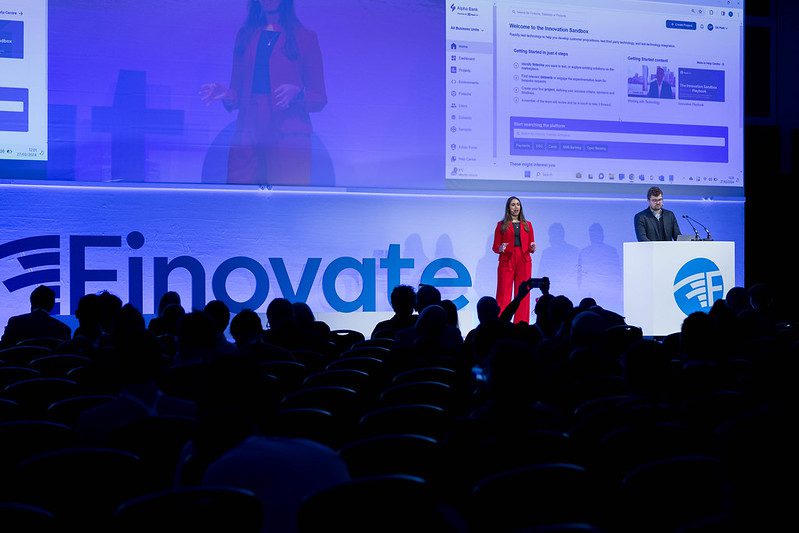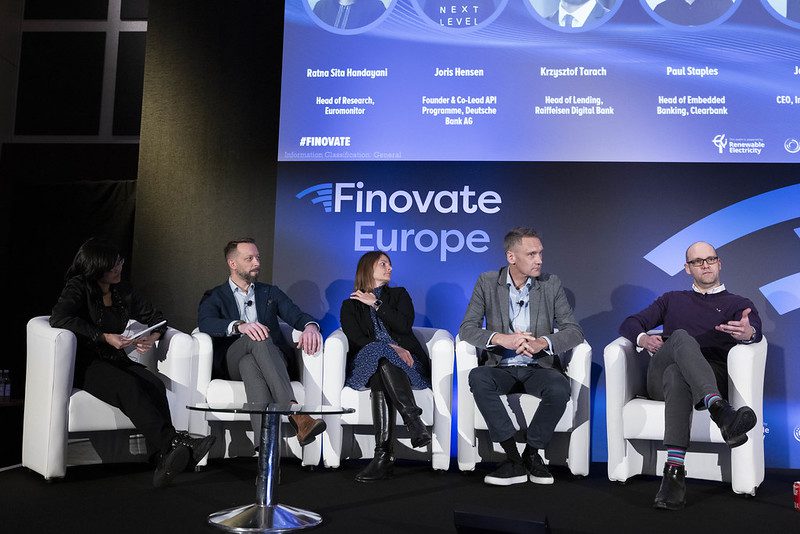
Global payments company Payoneer is growing its presence in Latin America this month. The New York-based fintech has partnered with Colombian Bank Nequi, Bancolombia’s Neobank.
By integrating Payoneer, Nequi will enable its users to transfer their dollars and euros from Payoneer to Nequi and receive them in Colombian pesos in a matter of minutes. Payoneer joins 30+ other services that Nequi offers. Notably, Payoneer will enable Nequi users to bring euros through the Nequi platform for the first time.
A business line of Bancolombia, Nequi’s digital financial platform seeks to help improve its more than 21 million users’ relationships with money. Nequi users can pay with the Nequi Card, pay for public services, recharge their cell phone, receive money from abroad, buy insurance or a bus ticket, and more.
“At Nequi we work to adapt to new global dynamics by facilitating the reception of international payments in an efficient and economical way,” said Nequi Business Strategy Leader María del Pilar Correa. “That is why this new integration with Payoneer has us very excited because we continue to strengthen the possibilities for our users and this will undoubtedly be a great option for freelancers, entrepreneurs and people who do international business, since they can receive payments from clients in other countries, with different currencies, in a fast and secure way at a global level.”
Once they link their account, Nequi savings accountholders can transfer up to $5,000 per month, with a maximum of $2,000 per transaction. Nequi low-value deposit accountholders can transfer up to $2,000 per month, with a maximum of $2,000 per transaction.
Payoneer was founded in 2005 to help small-and-medium-sized businesses to transact, do business, and grow globally. The company’s global financial stack helps remove barriers and simplify cross-border commerce to make it easier for businesses to connect to the global economy, pay, get paid, manage their funds across multiple currencies, and grow their businesses.
Payoneer went public via a SPAC merger with FTAC Olympus Acquisition Corp. in 2021. The company listed on the NASDAQ in June of that same year under the ticker PAYO and has a current market capitalization of $3 billion.
“By partnering with the most popular neobank in Colombia, Payoneer is helping to address a critical need in the region: enabling entrepreneurs in Colombia [to] receive payments with increased flexibility in fund usage,” said Payoneer SVP of Growth in Latin America Mar Fernández. “Working with Nequi to enhance our functionalities further fulfills Payoneer’s mission to empower businesses from anywhere in the world to scale to their businesses globally. We aim to support the ambitions and boost the international competitiveness of Colombian professionals.”
Payoneer has presented at FinDEVr New York in 2016, where it showcased integrating its Armor Payments API into a marketplace. Prior to that, the company demoed its commercial account at FinovateAsia 2013 in Singapore.















